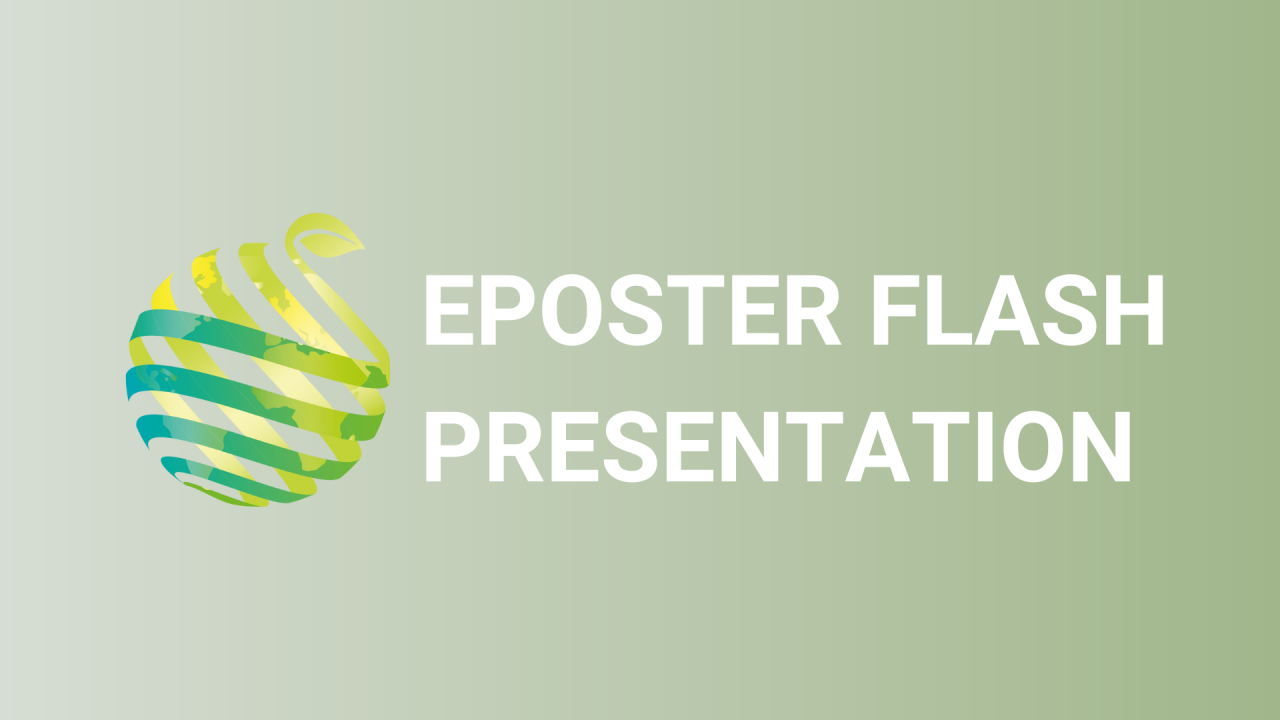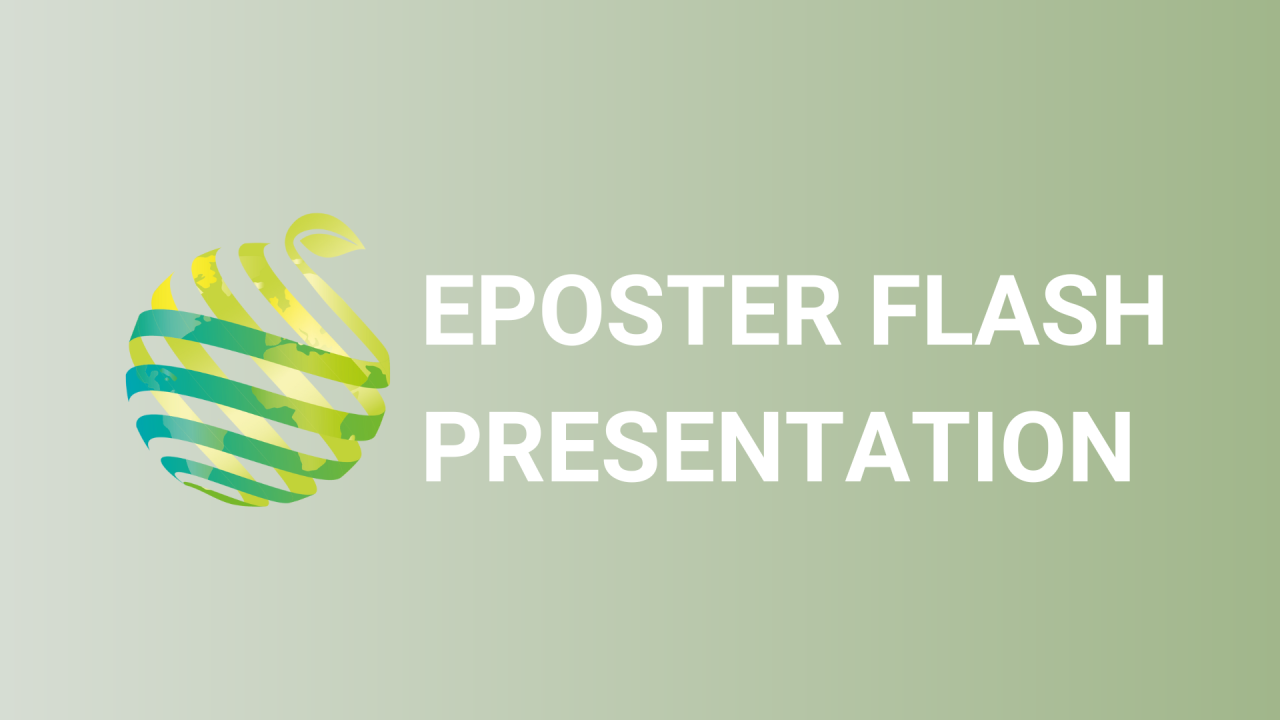

S04 - Session P1 - New Tools I - Strong effects of Dichlorprop-P 2-ethylhexyl on in vitro rooting of Populus x canadensis and Robinia pseudoaccacia
Information
Authors: Hajer Darouez *, Stefaan Werbrouck
Dichlorprop-P 2-ethylhexyl ester (DCPE) is a synthetic auxin-like plant growth regulator for the improvement of citrus fruit size. When 1 µM was added to the in vitro medium of poplar, it induced epinasty combined with excessive adventitious rooting throughout the shoot, including the leaves. As the DCPE was so strong, pulsed treatments were carried out and the ability to form roots was tested again. Even a pulsed treatment of 0.1 µM for 4 hours induced roots on the whole shoot. Robinia Pseudoaccacia generally produces too many calluses at the base of the shoots during micropropagation after the application of conventional auxins such as IAA, IBA and NAA. This is not very favourable for acclimatisation due to a poor shoot-root connection. In a first step, 0, 2.5, 5 and 10 µM DCPE was added to the rooting medium and its effect on the nodal segments was compared with that of the related substances dichloroprop (DCP) and 2,4-D. As expected, their continuous presence stimulated excessive callus formation at the base of the stems. Therefore, nodal segments received 1h pulsed treatments of 0, 2.5, 5 and 10 µM of each compound. 2,4-D gave only callus, DCP gave some roots, but the best rooting was obtained with the 5 µM DCPE pulse.